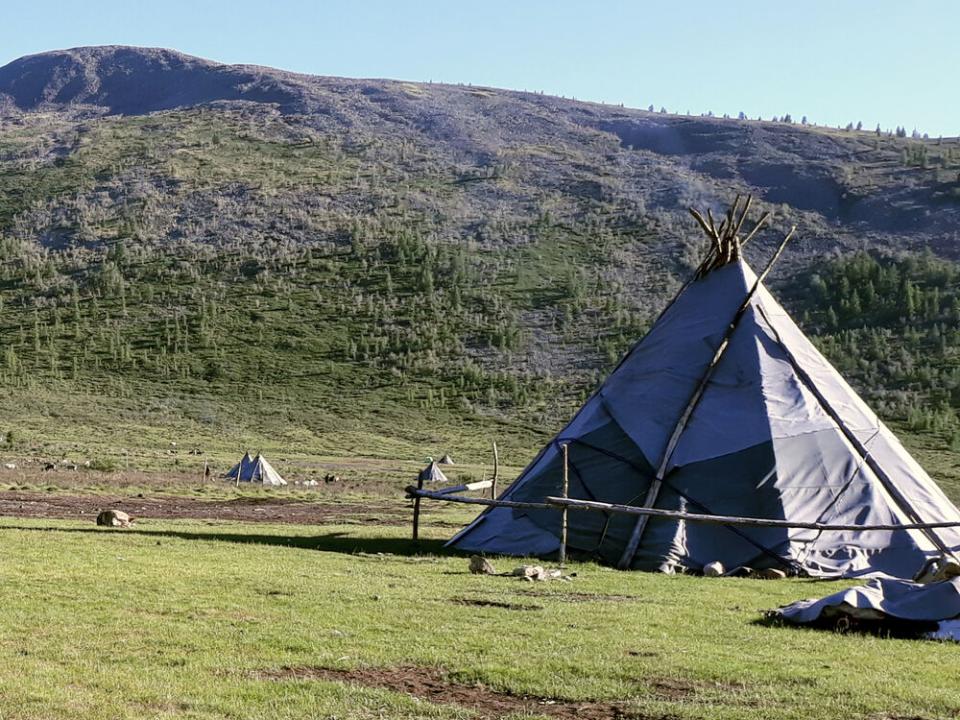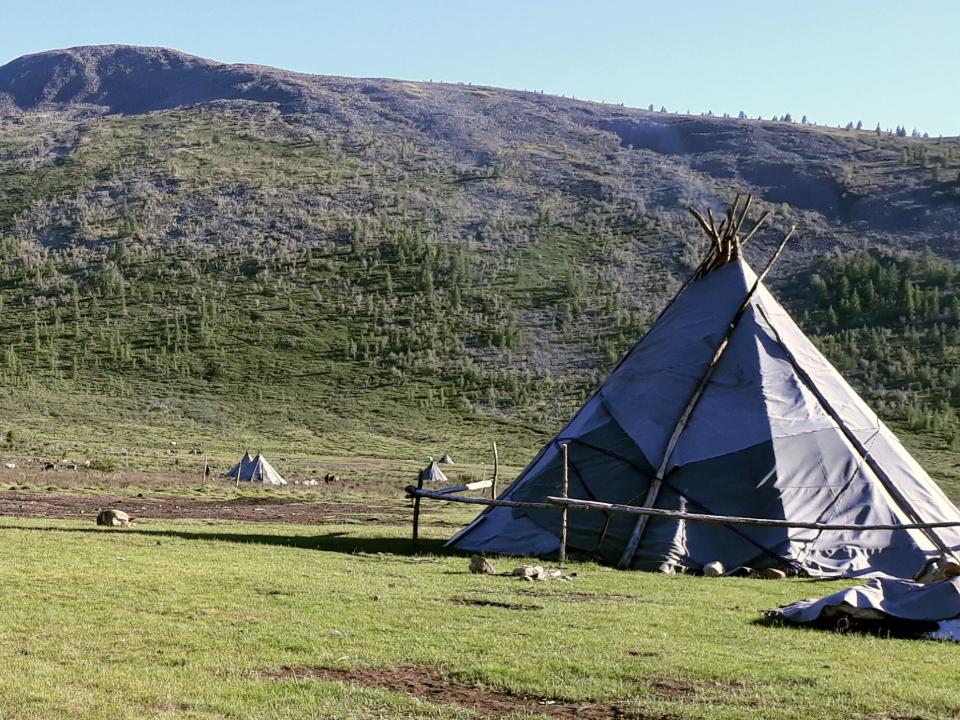
Mongolei
While there is currently no OM office or ministry in Mongolia, there is a great desire to start one here.
Blue Mongolia. This ancient name for Mongolia was inspired by the vast blue sky hung over the endless steppe. Due to their nomadic culture, Mongolians maintain a deep respect and reverence for nature. As well as the famous steppe, Mongolia is a land of mountains, taiga forests, beautiful lakes and the rocky Gobi Desert. Animal husbandry and agriculture remain the backbone of the Mongolian economy.
With a population of 2.7 million, Mongolia is one of the least densely populated countries in the world. About 40% the population is nomadic. The capital, Ulaanbaatar, reflects this with its unique mixture of highrise apartments and traditional gers. 70% of Mongolians are under the age of 35 with the average age being 21.
Mongolians have strong ties to Tibetan Lamaist Buddhism. During the communist occupation that began in 1921, Buddhism came under serious attack and all but one monastery was destroyed. Over the next 70 years, Buddhism was almost eradicated. The arrival of religious freedom of the 1990s saw the revival of Buddhism with 140 monasteries set up anew and an influx of other religions including Christianity. The most significant ethnic and religious minority are the Kazakh Sunni Muslims in the far west of the country.
The aftermath of communism and a fall in world prices of the country’s main exports has hit Mongolia hard. The World Bank states that one third of the population lives below the poverty line and one in four children are chronically malnourished. Alcoholism has risen in the face of poverty resulting in a growing number of kids on the streets of Ulaanbaatar. Child prostitution is a big problem as most of the street girls are involved in commercial sex. This also presents fears of an AIDS epidemic.
Capital: Ulaanbaatar
Government: Parliamentary Republic
Currency: Tögrög or Tugrik (MNT)
Official language: Mongolian (Russian, followed by English, is the most widely spoken foreign language with Korean gaining popularity due to the large numbers of Mongolians seeking work in South Korea).
Population: 2.7 million
Religion: Buddhist 53%, Atheist 39%, Muslim 3%, Shamanist 2.9%, Christianity 2.1%
Ethnicity: Mongol 95.35%, Kazakh 3.86%, Other 0.8%
OM Mongolia
While there is currently no OM office or ministry in Mongolia, there is a great desire to start one here. We are looking for people with at least two years of OM experience in another field, a heart for the Mongolian people and a pioneering and adventurous spirit.
For more information, contact info.eap@om.org
